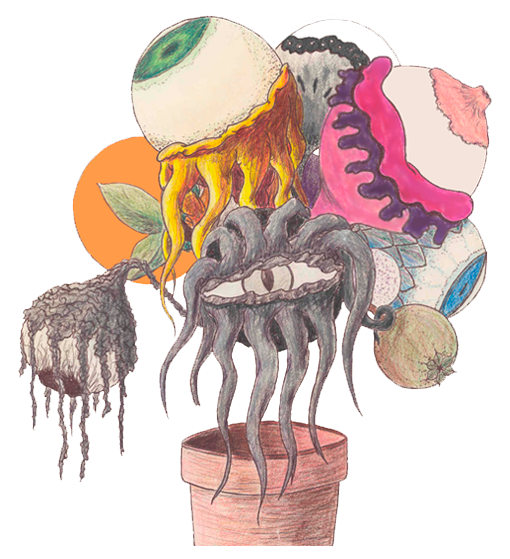

I've spent a long time wondering about the reasons behind my actions... not just the "why do I do this," but also the "why should I do that."
Truthfully, after more than 40 years of pondering, the answers still elude me. It's as if every point I reach is just the beginning of a swarm of new paths I can take in my search for meaning.
I don't want to confuse, nor mislead anyone; when I say (or imply, as I just did) that "life has no meaning," I'm not referring to it in the self-pitying way of someone depressed and on the verge of suicide who holds their head while saying it, but in the reflective and indifferent manner of someone making an assertion about something nobody asked them...
I believe everyone finds their own reason to live. I'm not just referring to "not being dead," but to everything we do day by day, whether it's routine or unpredictable, pleasurable or painful, transcendent or trivial.
For some, the reason is based on their philosophical conviction, attributing a "mission" to the fact of being alive. This can be religious, or not. There are millions who believe their mission is to convince others that their beliefs are true, and they propagate this like a kind of mental virus, which, once it conquers a mind, reproduces within it and spreads to others. There are others who believe their mission is to end that cycle, and they devote their life to trying to design the antidote to those viruses.
For others, the main reason is hedonism, and they live their life in search of pleasure, comfort, delight... unlike others for whom it's unclear whether they find delight in suffering, or truly believe that suffering is something virtuous, and they spend their life in anguish, resentment, and bitterness.
Thus, we could continue, listing ways of living life, whether conscious or not, and we could always take a step further in asking why the meaning is what it is. The recursiveness is infinite...
Maybe it would be better to try another approach. Maybe in that recursive spiral, we could start cutting off the branches that lead to contradictions, the ones that lead us to points with which we disagree, or the ones that fall into circular references. For example:
One motivation that has always intrigued me is that of accumulation. There are accumulators of material goods/properties/money, of approval/admiration/attention from others, of knowledge/experiences/sensations, etc. But such accumulation doesn't respond to a subsequent use of what's accumulated, but only to the possession of it.
Among these, the accumulation of money particularly catches my attention; why does someone who doesn't allow themselves to spend it want money? I won't deny that it's a very useful means in almost any situation, but, if instead of a means it becomes an end, what's the point?
This leads me to a memory from my childhood. It turns out that after having a kiosk at home for a while, coins accumulated, and due to the constant inflation in Argentina, soon the metal itself was worth more than the coin. Several bags were kept waiting to be sold as scrap, watching as the price of the metal rose, and 1,000$ in coins could be sold for 1,500$ today, or kept another week and sold for 2,000$. It was fantastic... every day we had more and more pesos in our reserve... without realizing that the worst thing we could do was to exchange the coins for bills, since the moment we did, our little fortune would stop growing and begin to wither. Thus, the increasing value of those coins actually didn't matter, since by not exchanging them to speculate, we couldn't take advantage of their value in pesos.
Then a direct use for those coins appeared, which at the same time avoided exchanging them for bills of dwindling value... together with a neighbor, we would climb onto the roof every night, and pelt passersby with hefty 50 peso coins with San Martín's face on them...
Today I do the same with my art: instead of exchanging it for money that will inevitably lose its value over time, I throw it at those who, unsuspecting, come close enough.